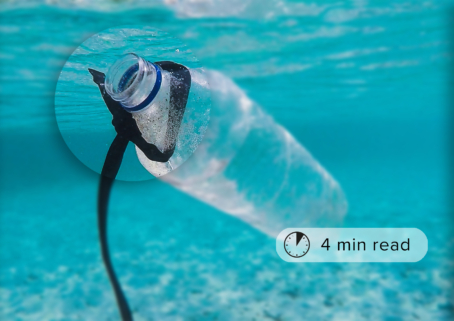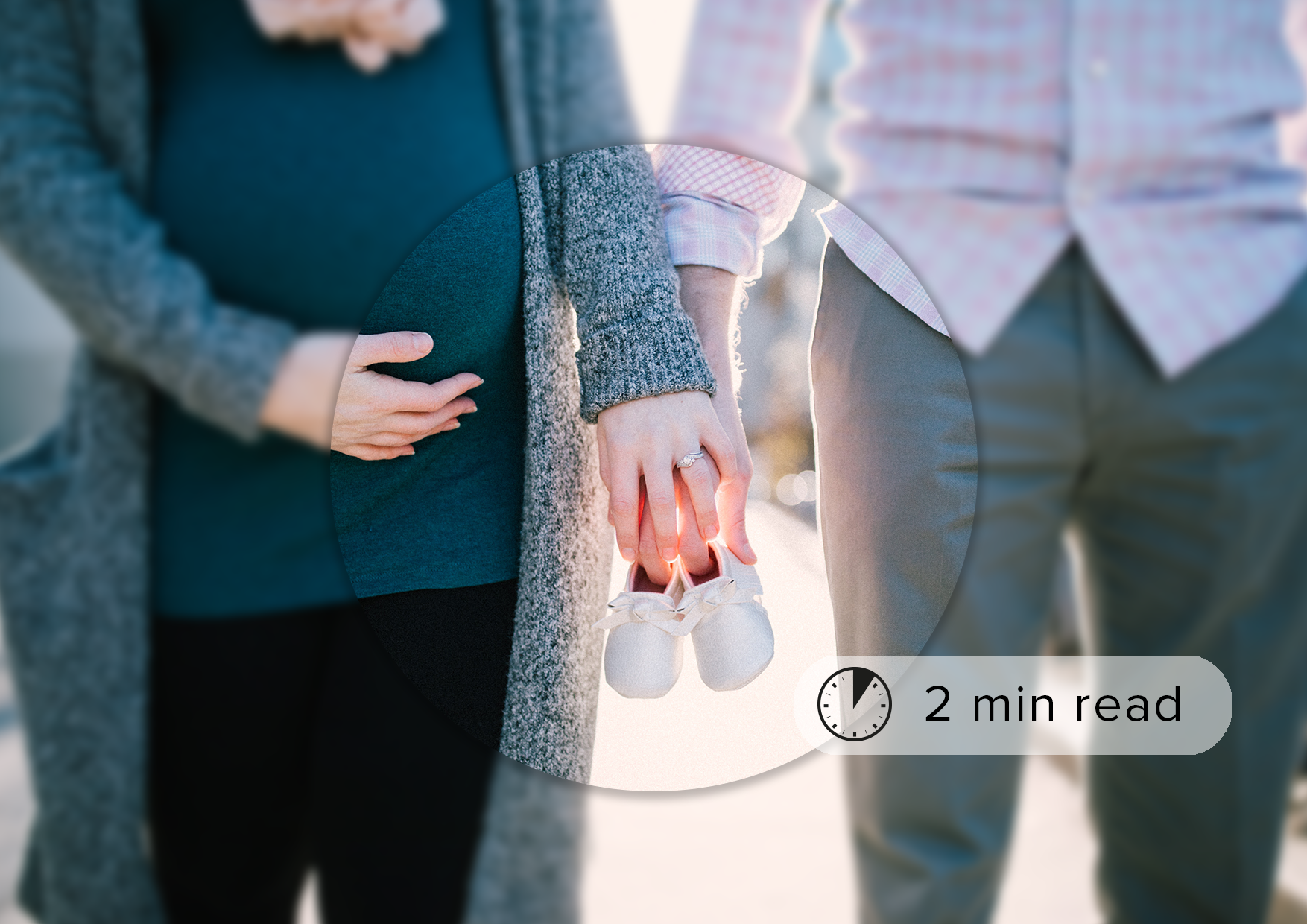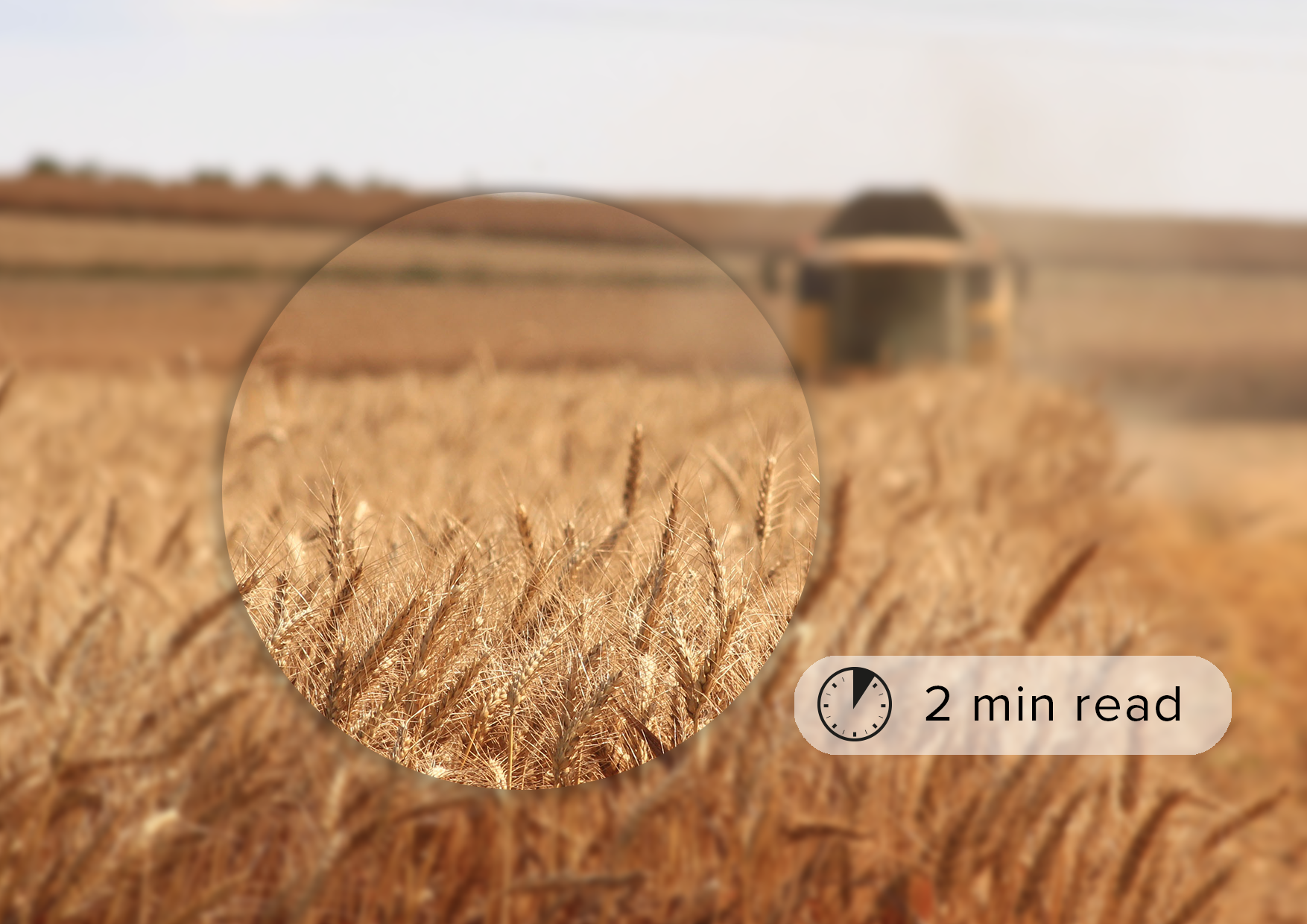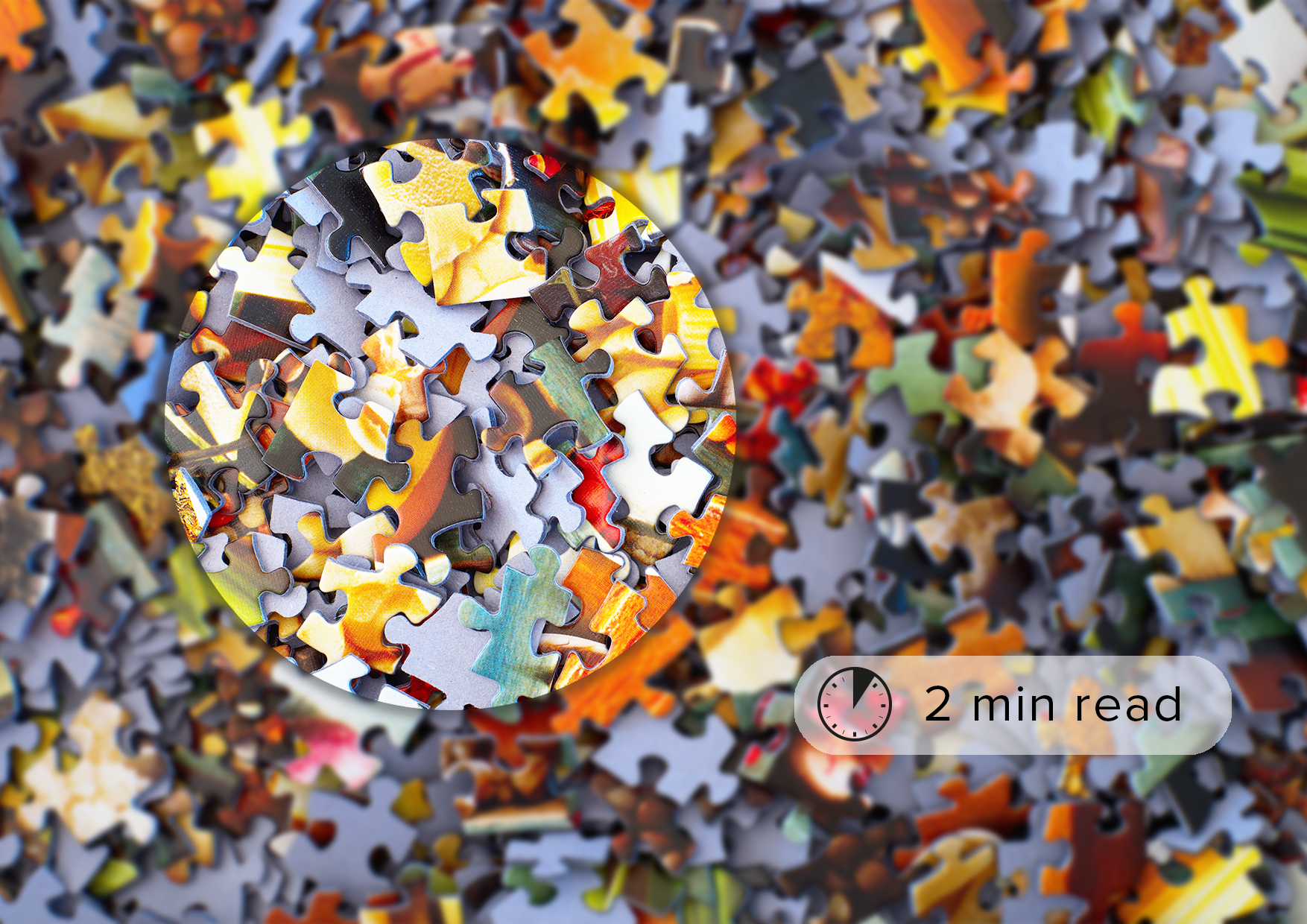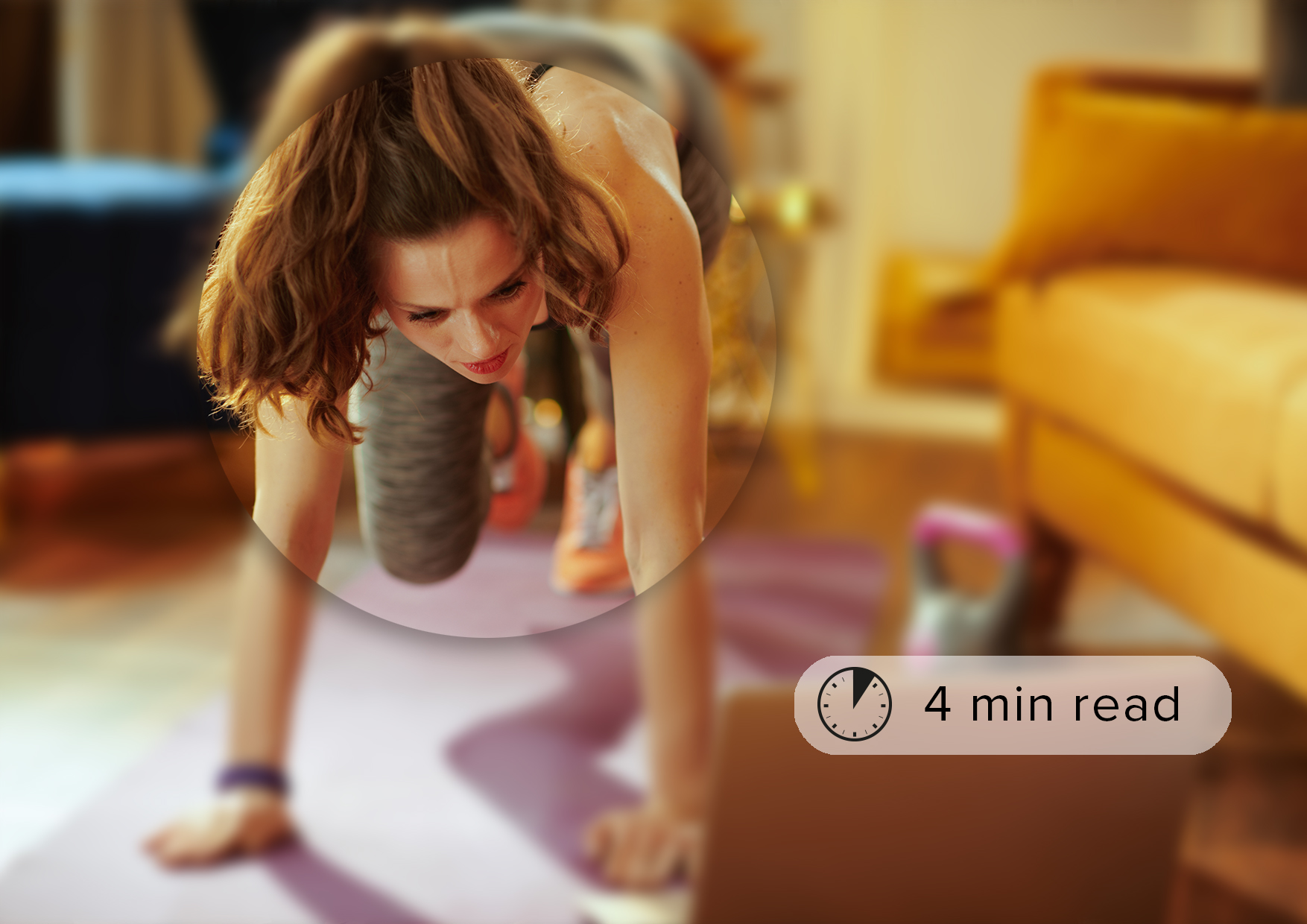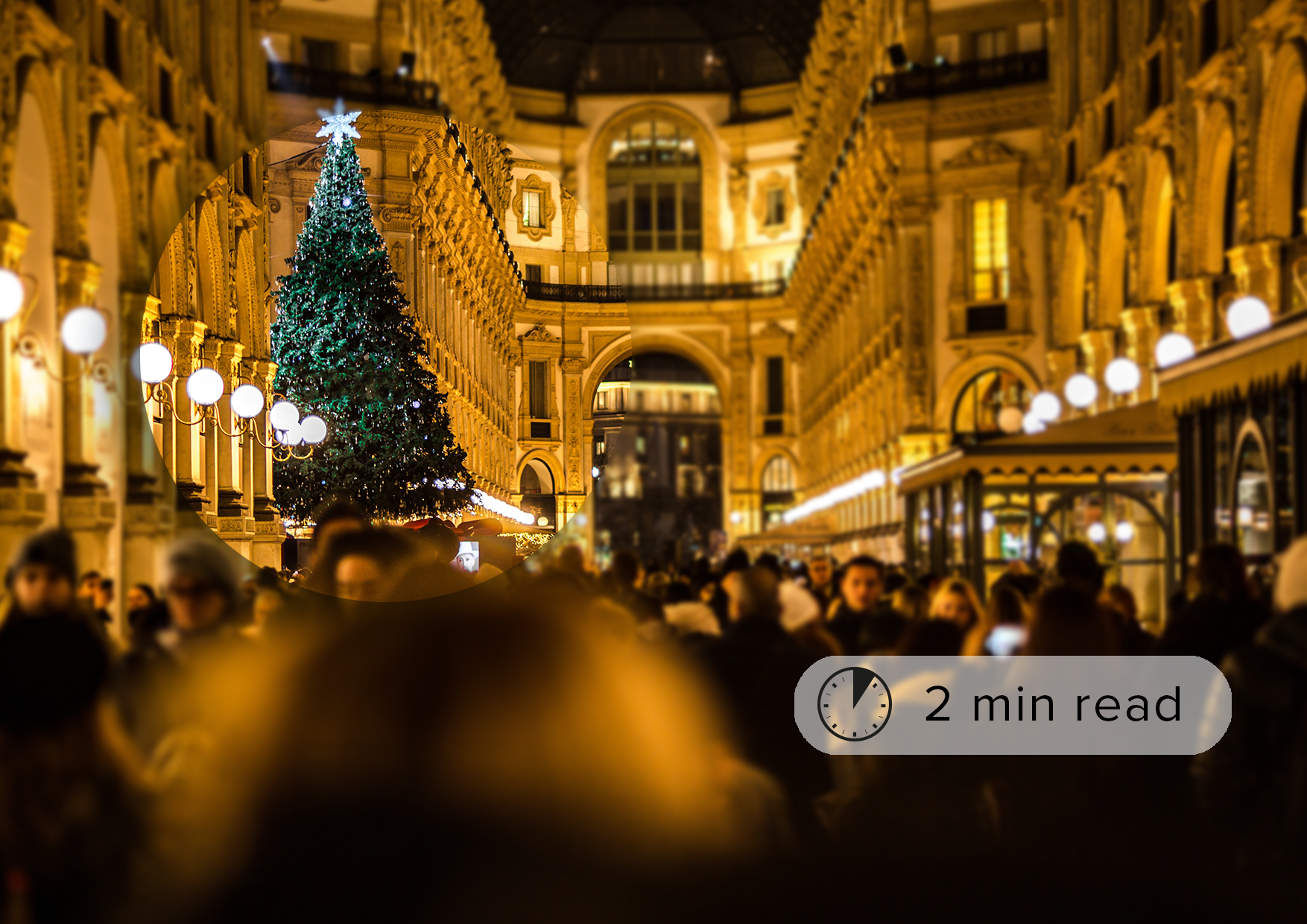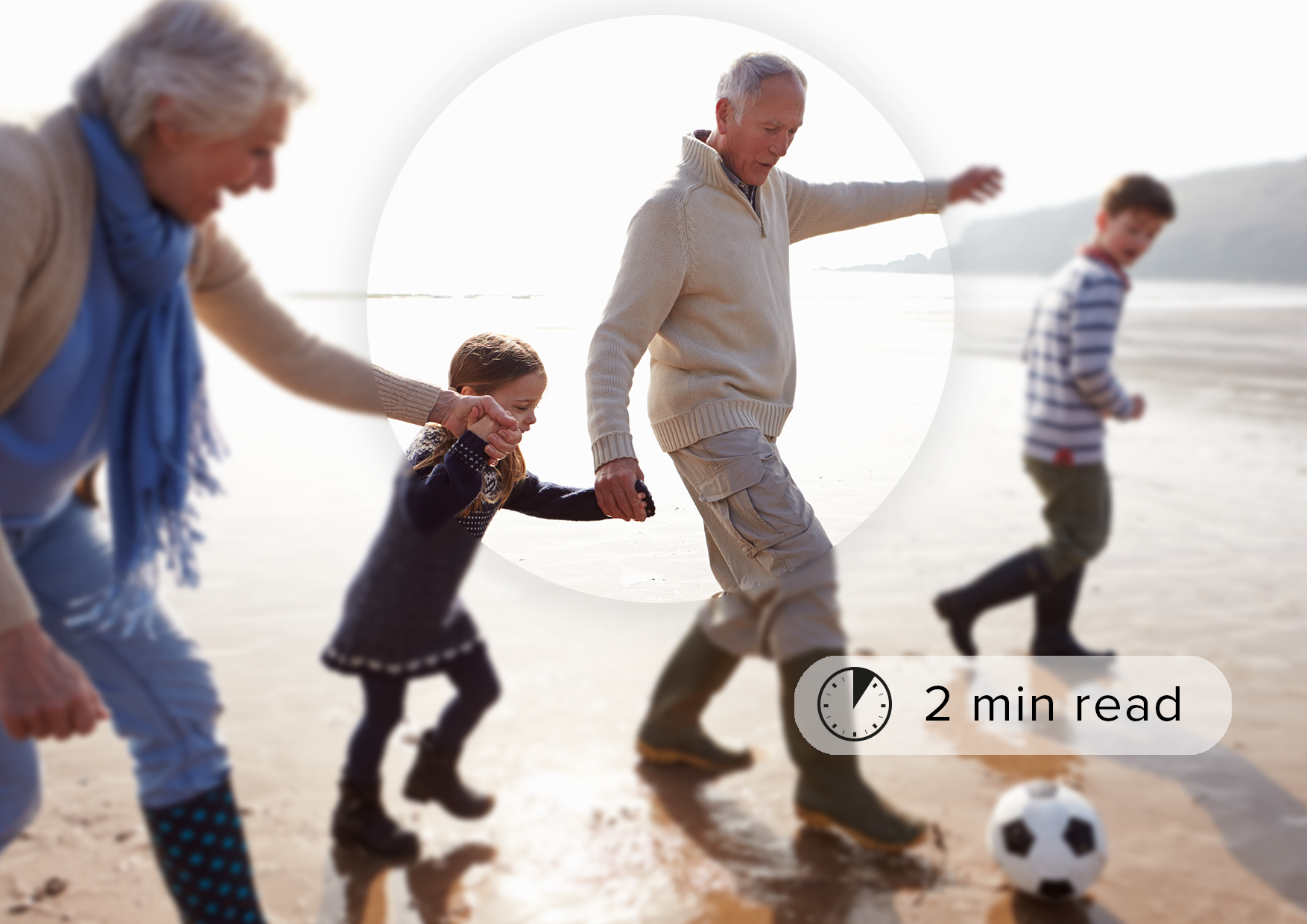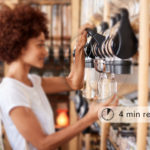Less plastic: more life
Every single piece of plastic ever thrown away is still on this Earth.
It’s a shocking fact, but plastic is simply unable to decompose fully. That one plastic bottle of water you bought earlier will take up to 450 years to only mostly decompose – it’ll never fully decompose! And it will most likely turn into microscopic plastic pieces, of which there are 51 trillion (269,000 tons) on our planet – that’s over 500 times the number of stars in our galaxy!
What would you prefer to see?
What plastic means to you and the environment
If we carry on using plastic at our current rate, it’ll out-weigh the number of fish in our seas by 2050. The need to take action is clear, and reducing our plastic use right now really could make a difference.
As well as killing 100,000 marine mammals and turtles, and over 1 million sea birds every year, plastic pollution also affects marine plant life. And we rely on these marine plants to produce 70% of the oxygen we breathe. The marine life that does survive often eats the plastic that ends up in our seas. It stays inside them forever, and worryingly a third of all fish now contain traces of plastic. Therefore, there’s a high chance that if you eat fish, you’ve also eaten microscopic pieces of plastic. Maybe some of the same plastic you threw away!
So reducing plastic will be beneficial not only for the planet and the marine life, but also for us, our friends, and our families.
Reducing our plastic waste
- If you have to use a straw buy a metal or bamboo one.
- When shopping take re-useable bags with you.
- Spread the word about the impact plastic is having and encourage others to reduce their plastic usage.
- If you live near a beach why not head down and do a litter pick. Check out the Marine Conservation Society or Surfers Against Sewage for details of clean ups close to you.
- Don’t live near the beach? You can still head down to your local park and help pick up rubbish. There are loads of organised litter picks.
- Join campaigns to help reduce the production of plastic products such as Friends of the Earth or the WWF.
- Recycle all the plastic you do end up using so it doesn’t stay wasting away on the planet.
The future
As part of the younger generation being told “you don’t know enough to understand our plastic consumption or climate change”, I feel it’s my duty to prove people wrong and help others understand the level of catastrophe we’re facing.
People are often told not to worry, as it’s something for future generations to deal with. But it shouldn’t be like that! It might not affect you in your lifetime, but you can make a significant, immediate difference to help your children, grandchildren or any younger generation to live in a safe, environmentally friendly world.

